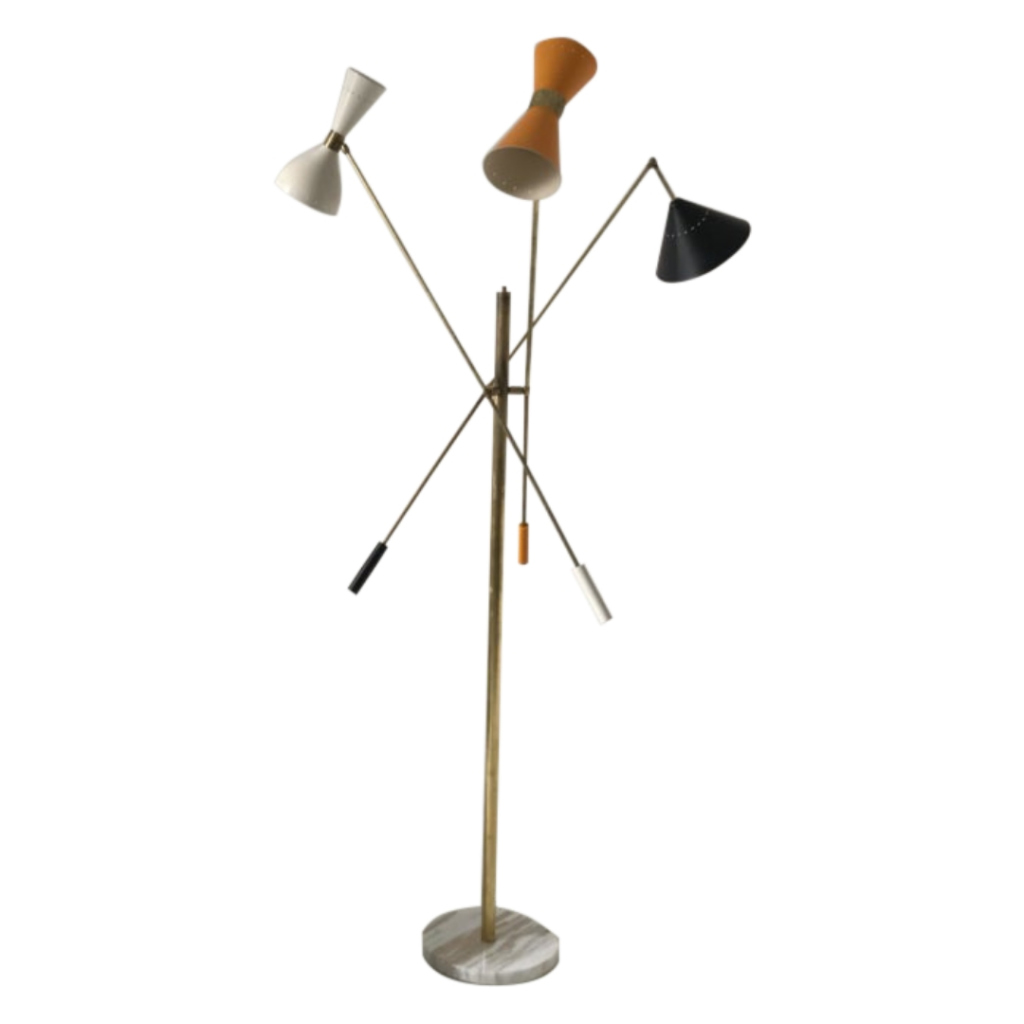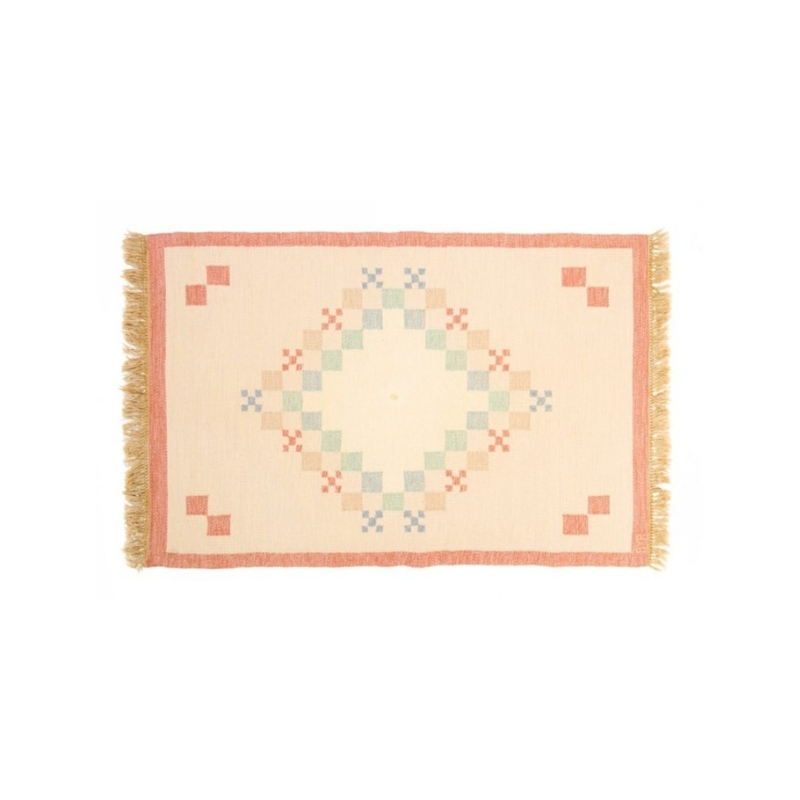At the moment i am building my own not commercial web site. Please give some feedback.
Greeettzz Lé
www.levli.nl
I assume you're looking for feedback?
Looks good, but you need better English translations.
"Teast is not a matter of minority" doesn't make sense, overlooking the typo (it's spelled "taste").
I put the phrase in a Dutch/ English translator, and it read "Taste is no question of majority" which doesn't make much more sense.
Hmm... what's this aphorism trying to convey... "Good taste isn't a matter of consensus", maybe? That rings true to me, since I today learned that Eva Zeisel's rosebud-print china is held in higher esteem than the plain white. Smaak is geen kwestie van meerderheid, indeed.
THANKS
This is the kind of feedback i was waiting for, thank you.
"Good taste isn't a matter of consensus" is not wat i mean, its more that " taste " is not something that is based on what other people mean it must by. Thats what makes a good designer so speciaal. Step out of the ordinary.
GREEETTZZ Lé
http://www.levli.nl
I presume that...
what levli wants to say is:
Taste is not something imposed on us by other people (i.q. the majority).
Personally I disagree with it and time and again research proves that there is indeed a consensus on aesthetics. It is one of the reasons why we enjoy works of art of other times and cultures the same way we enjoy the artistic expressions of our times, but...I have learned that in a society that has substituted knowledge for opinions, you can not question someone's knowledge because he or she considers his or her ignorance an opinion. So, let's not go there. Sharing the same mother tongue as levli I assume that that is what is intended.
By the way the videos on the website are very nice. Especially the visit to the Rietveld house in Utrecht is charming.
Koen...
"...in a society that has substituted knowledge for opinions, you cannot question someone's knowledge, because he or she considers his or her ignorance an opinion."--Koen
I HAVE to go here. 🙂
I am intrigued by your remark about "knowledge substituted for "opinion." 🙂
Thought provoking, but I am not sure exactly what you mean.
Opinion n.
1 a: a view, judgment, or appraisal formed in the mind about a particular matter b: approval , esteem
2 a: belief stronger than impression and less strong than positive knowledge b: a generally held view
3 a: a formal expression of judgment or advice by an expert b: the formal expression (as by a judge, court, or referee) of the legal reasons and principles upon which a legal decision is based
Knowledge n.
1obsolete : cognizance
2 a (1): the fact or condition of knowing something with familiarity gained through experience or association (2): acquaintance with or understanding of a science, art, or technique b (1): the fact or condition of being aware of something (2): the range of one's information or understanding c: the circumstance or condition of apprehending truth or fact through reasoning : cognition d: the fact or condition of having information or of being learned
3archaic : sexual intercourse
4 a: the sum of what is known : the body of truth, information, and principles acquired by humankind barchaic : a branch of learning
You seem to mean that many persons are not making a reasonable distinction between knowledge and opinion.
You seem also to mean that persons opining strictly on the basis of knowledge are intractable and do not actually think with their knowledge to the point of forming opinions with it, rather, they let the knowledge substitute for thinking about a subject to the point of forming an opinion. This distinction fascinates me, because it never occurred to me and suggests why many discussions I have had with person through out my life have lead no where, while others have lead to mutual incites, whether completely in agreement, or not.
Is this where you did not want to go?
I like the place/website......
I like the place/website... but why do you need a tolomeo aiming at the tv?
-joel
http://blueantstudio.blogspot.com/
.
"incites" as a noun, Mr Wilson ?
Really. . .
I think some of the confusion might be owing to the fact that Koen said "knowledge substituted for opinion," when what he may have meant was "opinion substituted for knowledge."
Of course, if Koen did say exactly what he meant, then I withdraw my comment. In either event, the insight is (as usual) remarkable and thought-provoking.
Tolomeo
Hello Joel, the tolomeo is not aiming at the tv, it is shinning behind.
Greeettzz Lé.
http://www.levli.nl
I am blessed to..
...have virtual friends like DCWilson and SDR who, in spite of my limited knowledge of their language and my all too spontaneous reactions to other contributor?s statements put the required order in my phrases and are kind enough to find them provoking.
I do not want to ad to the confusion but what I wanted to say is that we live in a society that has disconnected notions that are only meaningful when connected. We speak with all necessary respect about the notion freedom and invoke freedom with increasing frequency, but most often it is disconnected from responsibility. In reality it is not only directly related, freedom can only be increased when responsibility increases equally. Freedom and responsability are siamese twins.
Something similar happens with the relationship between opinion and knowledge. One is feeding the other. Knowledge feeds one?s opinion and so opinion is the ever changing result of accumulated but changing knowledge. Somehow we have disconnected the two and we invoke ?my opinion? not as something to be formed and informed continuously by knowledge but as a static notion that is unrelated to knowledge and justifies itself, not by it?s provisional character, but by the fact that it is "mine" and because it is mine, I am entitled to it. Whether I take responsibility for my opinions by nourishing them with as much information and knowledge as possible seems to matter less and less. I might be slightly pessimistic about this but in from what I see, I retain the impression that we are more attached to the stability of an opinion than to the pleasures of changing and amending them. We are holding high the right to an opinion but have the tendency to loose sight of the duty to inform that opinion. I even get the impression that opinions are used to filter the need for knowledge, in other words that we are more likely to search for knowledge that supports our opinions than to search for the knowledge that challenges that opinion and would inform and change it.
It probably can be explained with the help of our knowledge about evolution. It is very likely that if we had to think before we act, we would not have survived as a species. Just imagine what would happen if someone throws his fist in the direction of your face and you would try to take the time to figure out that because of the straight movement of his fist and the speed by which it approaches your face, combined with the thin muscular cover of your facial bones and the sensitivity of your nerves you should anticipate a sensation of intens pain. To avoid the pain you have the choice between a number of movements and you would try to figure out in what direction you should avoid the approaching fist?by that time you have already been hit a number of times.
cont.
Something like that must be at the origin of our habit to act before we think. As unprepared and unwilling grand parents you might ask your son "...what were you thinking?!?!.." but we all know that the girl is pregnant because neither he nor she were thinking...Something similar seems to force us to form an opinion, form it fast and stick to it. Is it a way of dealing with complicated issues? Is it the positive and important contribution of that large sub-conscience part of the brain we do not control? Is it a way of building a secure environment around ourselves (always knowing what other's opinions are?) I do not know, but I always seem to surprise people with the fact that I have changed opinion on something and have allowed myself to go back and forward on an opinion more than ones. That is what I tried to express in not enough words...
Although acting before you think is the natural thing to do, one of the great pleasures of being a designer is to be allowed to think before you act, and it allows you to make a living out of it. Allow me to clarify this with an analogy.
If I need to hammer a nail into a wall, I might not even go to the workshop but just hit the nail with the heel part of my shoe. The amount of thinking is minimal and relies on my ability to recognizing something in my vicinity that will do the trick. If I have to nail twenty nails, I will go down, grab the first hammer in sight and do the planned job, but if I have five hundred nails to hammer I will actually look twice and choose the one with the right shape and weight...in other words I would do more thinking. If, as a designer I am asked to design a hammer, I will study the archetypes, the dynamic anthropology, the bio-mechanics and physics, the existing hammers, I will test them, look at the manufacturing technology that was used for the different components, evaluate them, use similar ones but better, or better ones and finally make provisional prototypes of it, test it, have other people test it, improve on it etc. The reasons why I can do this is that the end result will be multiplied by the thousands and used until worn out, Probably after thousands and thousands of nails. So in designing this product I am in fact accumulating thousands of small fragments of time that users would put into choosing or making the right tool. That is the task they have delegated to me and I do it for them. Nobody would ever put that kind of effort into making a hammer to nail one, or a dozen or a few hundred nails. In the best case they will use whatever is nearby, and think afterwards?I could have used a lighter hammer, or the shaft should not be straight etc. etc....oh yes, that's my opinion
If you need any help, please contact us at – info@designaddict.com









